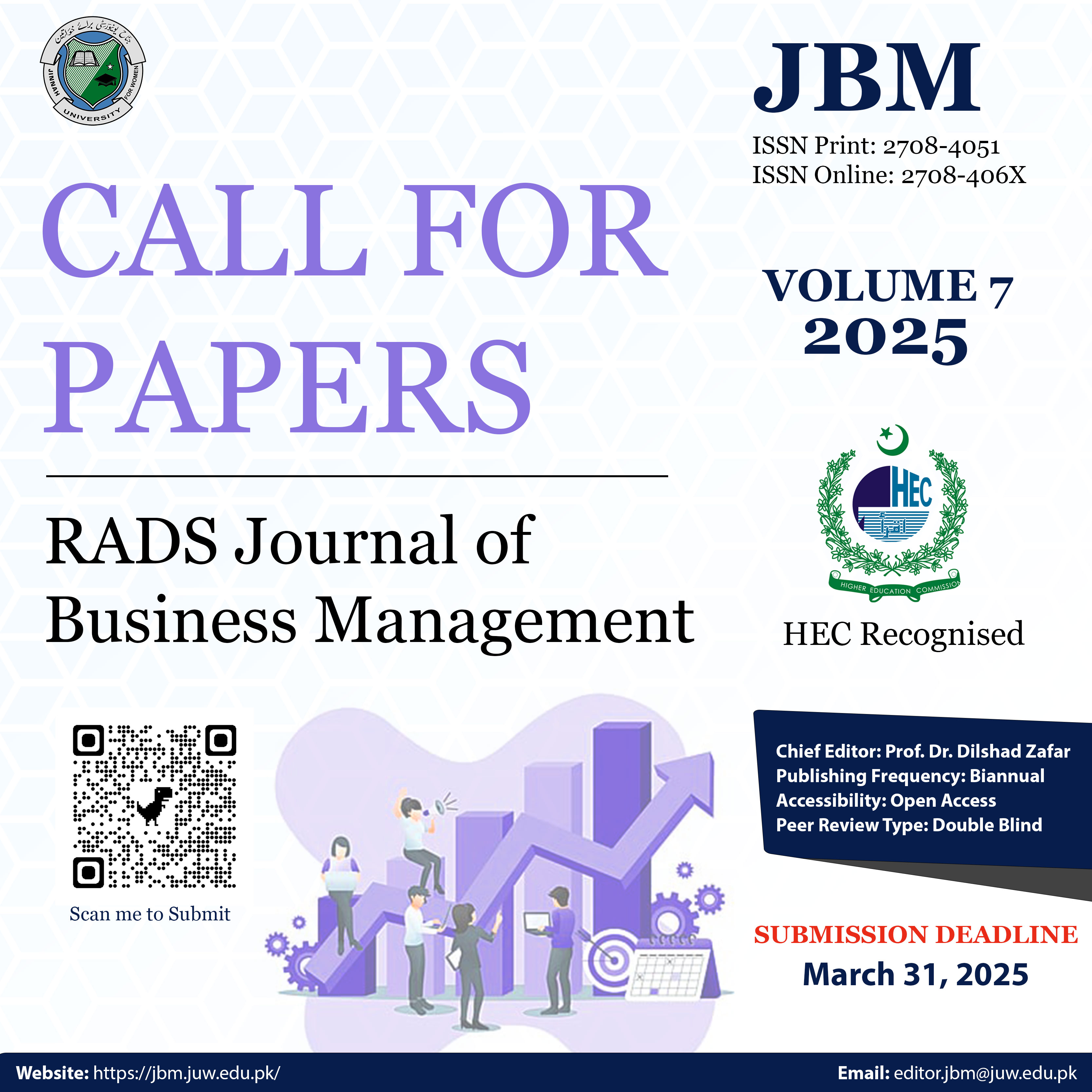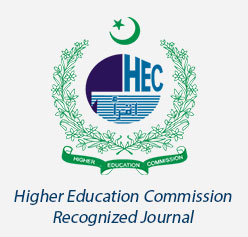Association Between Economic Growth, Tourism, Selected Macroeconomic Variables and Covid-19 Scenario: Empirical Evidence from Pakistan
Abstract
Tourism is the world's fastest-growing industry and one of the major contributors to economic growth in various economies. While the government of Pakistan is making efforts to revitalize the tourism sector, this research paper attempts to identify the association between economic growth, tourism, and other macroeconomic variables including, exchange rate, current account balance, inflation, and the covid-19 scenario in Pakistan from 1995 to 2020. For this purpose, Co-integration is tested by using the ARDL model to examine if there is a long-term or short-term association between these variables in the covid-19 scenario. Hence, according to the ARDL bound test results, there is an existence of cointegration in covid-19 while without covid-19 there is no cointegration found among variables. Furthermore, it is found that in the long-term, tourism and current account balance have a positive and statistically significant association with economic growth while inflation has a negative and statistically significant association with economic growth. The exchange rate has positive and covid-19 have a negative but insignificant impact on economic growth. Furthermore, the Granger causality test is used to determine whether a variable is worthwhile to predict another variable or not. Therefore Granger causality test reveals a one-way causality from economic growth to exchange rate, current account balance to economic growth, and exchange rate. Hence results concluded that the current account balance is one of the most important variables for the economy of Pakistan. Consequently, it is suggested that growth in the tourism industry during covid-19 has the ability to reduce the current account deficit which leads to a steady exchange rate and economic growth in Pakistan.
The author retains the copyright and grants the right of first publication to the journal.





